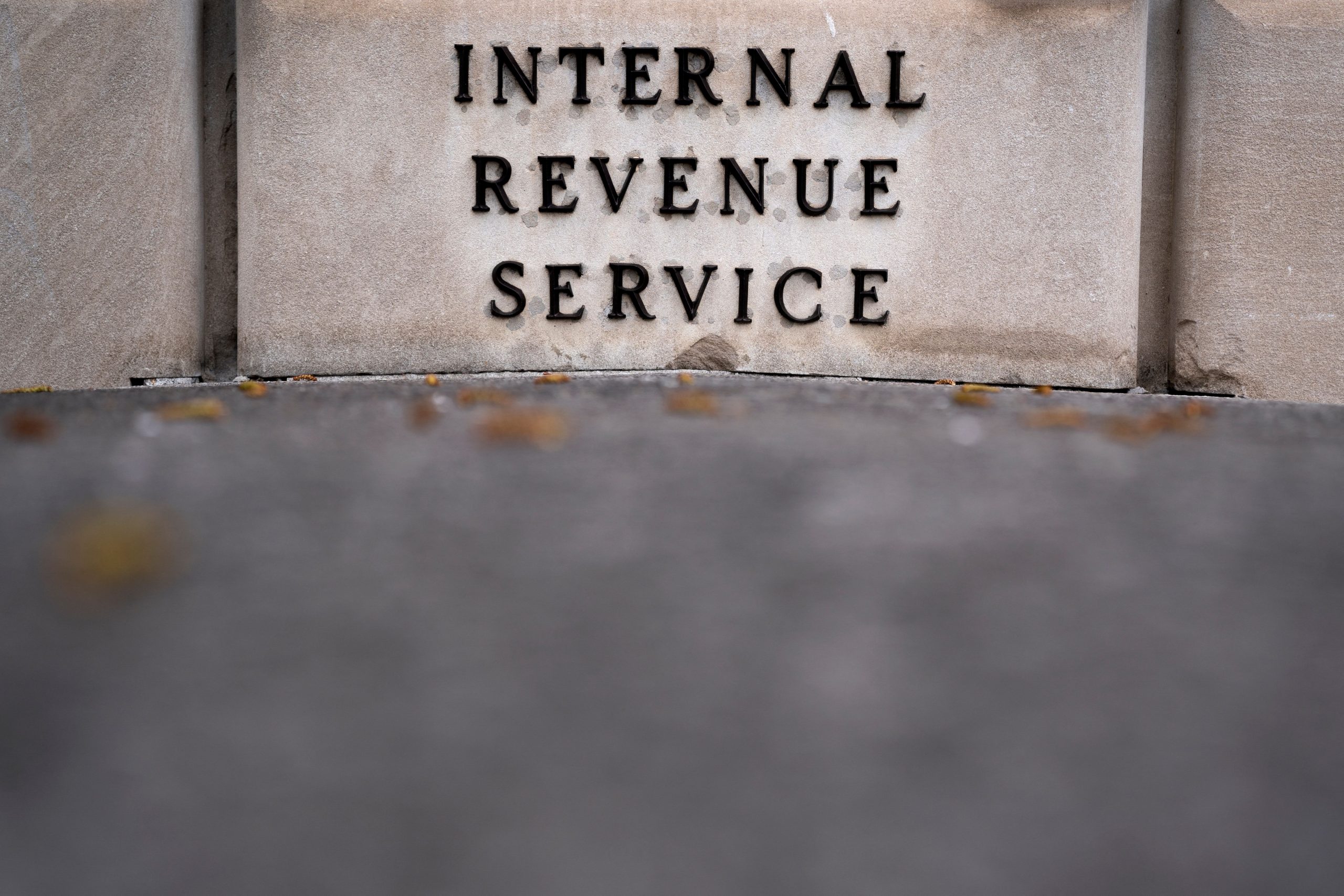The Internal Revenue Service has been scolded after auditors found 30 million documents were destroyed.
The IRS said in response that taxpayers were never harmed by the destruction, according to Fox Business.
The Treasury Inspector General for Tax Administration recently took a close look at IRS operations due to concerns over what was going on amid a backlog of unprocessed records.
“This audit was initiated because the IRS’s continued inability to process backlogs of paper-filed tax returns contributed to management’s decision to destroy an estimated 30 million paper-filed information return documents in March 2021,” the report said.
The audit noted that the documents — 1099 forms that show outside income and W-2 forms that document earnings — could have shed a light on tax evaders.
“The IRS uses these documents to conduct post-processing compliance matches to identify taxpayers who do not accurately report their income.”
However, the IRS shrugged off the concern.
“There were no negative taxpayer consequences as a result of this action,” the IRS said in a statement. “Taxpayers or payers have not been and will not be subject to penalties resulting from this action.”
In a statement to Fox Business, the IRS said the document loss was not a big deal.
“We processed 3.2 billion information returns in 2020,” the IRS said, using a term for documents submitted by third parties.
The IRS said “99 percent of the information returns we used were matched to corresponding tax returns and processed. The remaining 1 percent of those documents were destroyed due to a software limitation and to make room for new documents relevant to the pending 2021 filing season.”
The audit said that the IRS doesn’t seem to know which forms can be filed online and which must be filed using paper.
“Of particular concern is the fact that the IRS does not have an accurate and comprehensive list of individual and business tax forms that are not able to be e-filed,” the report said.
“For example, on Sept. 16, 2020, the IRS provided us with a list identifying 365 tax forms that are not able to be e-filed. Our review identified inaccuracies with this list. There were tax forms included on the list that could be e-filed and tax forms absent from the list that could not be e-filed. When we discussed the inaccuracies of this list with IRS management, they stated they have not updated the list since calendar year 2018 due to other agency priorities and limited funding.”
It said the IRS was behind the curve on e-filing, which wastes money.
“The IRS has yet to establish processes and procedures to identify and address corporate, employer and Heavy Highway Vehicle Use Tax filers that do not comply with e-file mandates,” the audit said.
“Our analysis of tax return filings identified 15,108 filers that paper-filed 22,569 tax year 2018 returns that were required to be e-filed. TIGTA estimates that the processing of these returns cost the IRS $30,196 in comparison to the $3,405 to process the required e-filed tax returns,” the audit said.
This article appeared originally on The Western Journal.

























 Continue with Google
Continue with Google